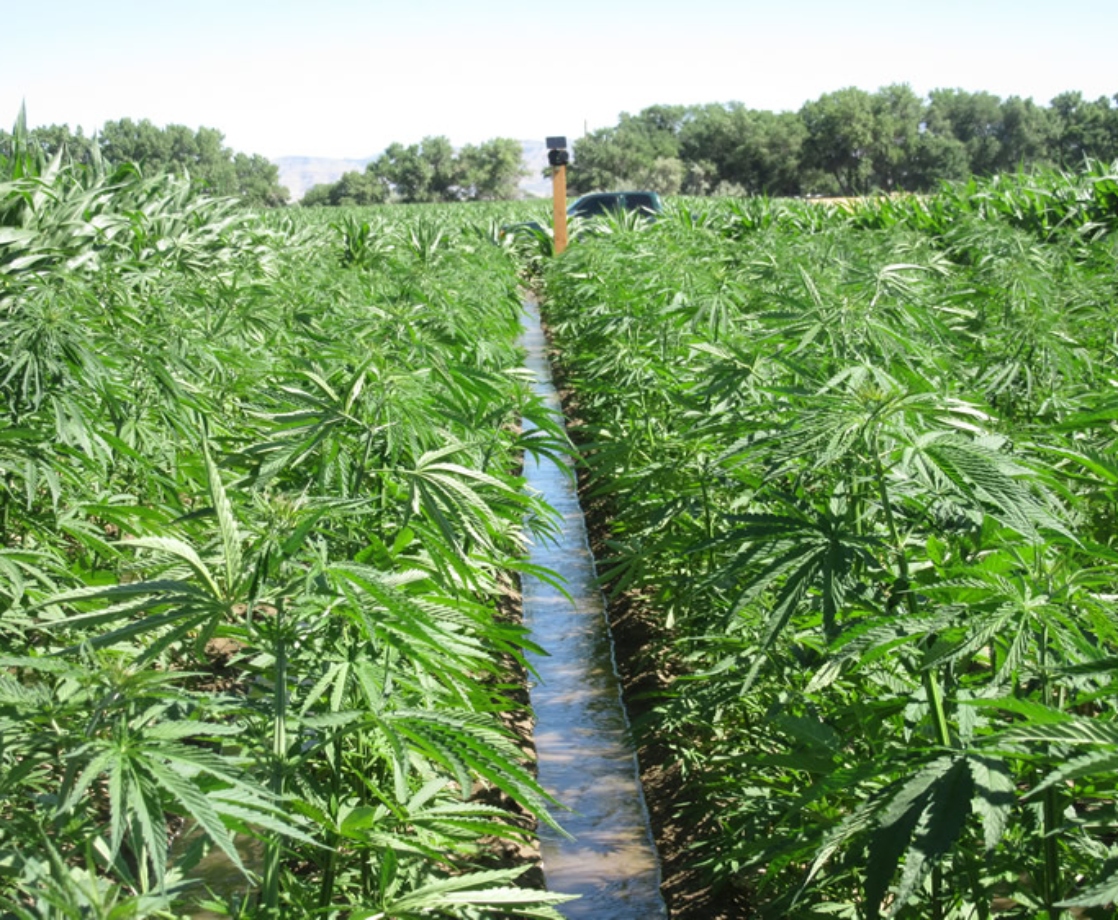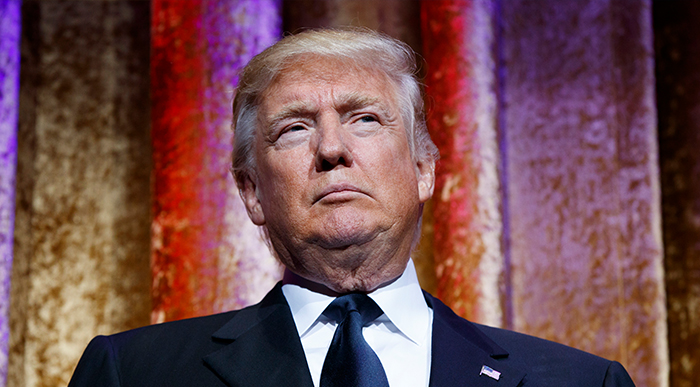Hundreds of farmers all across Alabama are hard at work growing the state’s first legal hemp crop since cannabis was criminalized in 1937. At the end of April, the state Department of Agriculture and Industries granted 180 hemp cultivation licenses under Alabama’s new Industrial Hemp Research Pilot Program. This program, legalized under the auspices of last year’s federal Farm Bill, allows local farmers to grow, process, and research hemp plants that contain less than 0.3 percent THC.
Throughout May, farmers began planting thousands of legal cannabis plants across the state. Most of these farmers are planning on harvesting these crops to produce CBD oil, hoping to gain a share in the rapidly-expanding medical cannabis industry.
“I’m cautiously optimistic,” said Hunter McBrayer, commodity division director for the Alabama Farmers Federation, to AL.com. “This is not the first crop that came on board that promised to make people a lot of money. It could be a good thing for our farmers, but there are still a lot of challenges.”
One of the most difficult of these challenges is figuring out how to grow these crops without using pesticides. Pesticide use is prohibited on field-grown hemp, and growers must also ensure that pesticide residue from nearby farms does not contaminate their crops.
“There’s a wide variety of questions; a lot of them we don’t have good answers to yet,” said Auburn University crop specialist Dennis Delaney to AL. “We depend on looking at states like Kentucky and North Carolina and see how much we can use for here, with our climate and soils.”
The state is also requiring cultivators to notify them where they are importing their hemp seeds or cloned plants from, and will test all imported plant material to ensure that the THC levels meet federal law. These challenges have already convinced some farmers to back off on their hemp production plans. Out of the 180 cultivation licenses granted by the state, only 152 growers coughed up the $1,000 fee necessary to get their licenses.
Alabama is slowly catching up to the rest of the country with respect to cannabis reform. Last month, the state Senate passed a comprehensive medical marijuana bill that would legalize both CBD- and THC-based medicines. Adult-use cannabis still remains illegal, however, and local cops are still eager to seize any contraband weed — including the 21 pounds of pot that mysteriously washed up on family-friendly Orange Beach last month.











